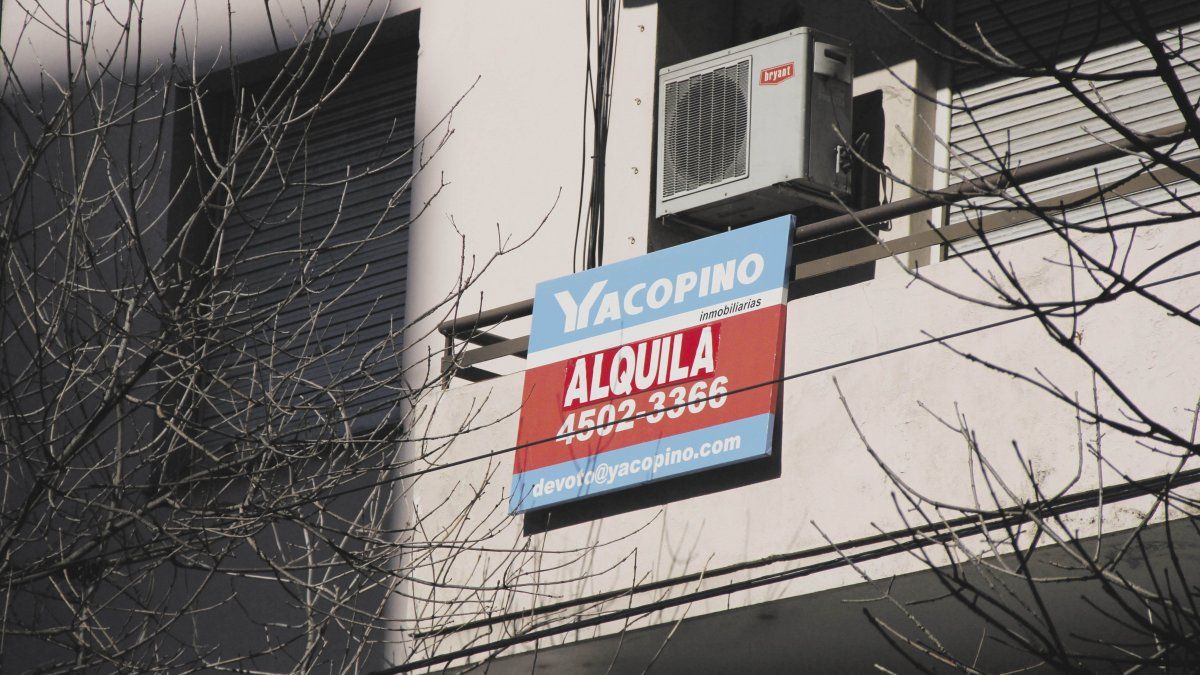Undoubtedly, the circumstances surrounding the sanction of the Rental Law No. 27,551as a result of the Covid-19 Pandemic, impacted and produced a profound change at a social, health and economic level, which translated into the gravitation of the economic indices at a local and global level, and a correlative change in the economic variables, which inevitably moved to a escalation in rental prices in our country and in the world.
On the other hand, it is inevitable to point out that, as of December 2019, Argentina registered a crisis in housing policy, with more than 50,000 paralyzed nationwidea circumstance that motivated the National Executive Power, after the inauguration of the president, Alberto Fernández, to assume as a priority the task of executing these works, establishing a new paradigm with the own home programdelivered to date more than 40,000 homes.
The current discussion of rental law It presents us, first of all, with the challenge of continuing to promote the construction of new housing units with a federal and comprehensive perspective, in pursuit of definitively guaranteeing the right to housing to every Argentine and Argentine; especially considering that there are around 9 million people in the situation of tenants, according to data from Inquilinos Agrupados.
Secondly, the debate that has taken place in society and in the National Congress proposes us to return to work with all the sectors involved, without losing sight of the fact that the State will continue to fulfill a regulatory function, guaranteeing the balance of the rights at stake. Starting from that place, it is necessary that both parties to the locative relationship have the predictability factor, for which it is important to maintain the continuity of three years as the minimum legal term, giving the option that the parties can access an update that is paid in two moments. Another of the central aspects that should be deepened is the registration of contracts, by virtue of the fact that the State has the obligation to protect the real estate market from behaviors that promote informality and precariousness, for which its participation, through the competent authorities, must be aimed at achieving transparent rules. Likewise, it is a priority to propose a specific enforcement authoritywhich controls compliance and observance of the established legal framework.
We are aware that the discussion of a new normative development must take place under an inclusive and fair perspective, with the objective that renting is a step, before being able to access a roof of your own.
*The author is a national deputy of the Frente de Todos for the province of Entre Ríos and is a member of the General Legislation Commission that debates the Rental Law in Congress.
Source: Ambito




